
Help! My Horse Won’t Stop Rubbing His Tail
Dr. Aja Harvey explains why a horse might rub his tail and what owners can do to stop it.

Dr. Aja Harvey explains why a horse might rub his tail and what owners can do to stop it.
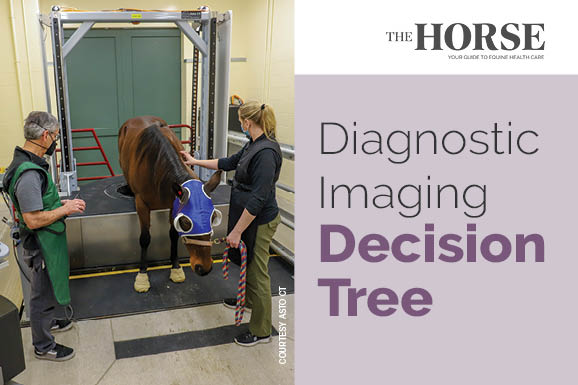
Diagnosing lameness in horses can be challenging, but veterinarians have an arsenal of imaging modalities available to help them make an accurate diagnosis.
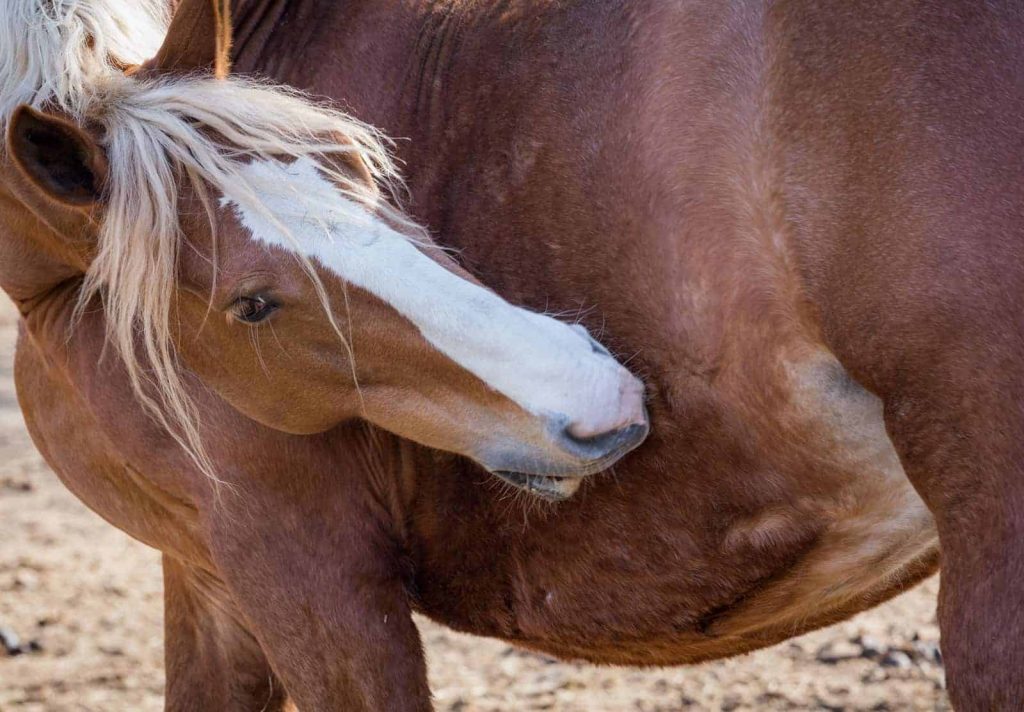
Dr. Susan White describes factors to consider when caring for a horse with sweet itch.

Veterinary intervention can make itchy horses more comfortable and keep allergies under control. Sponsored by Kinetic Vet.
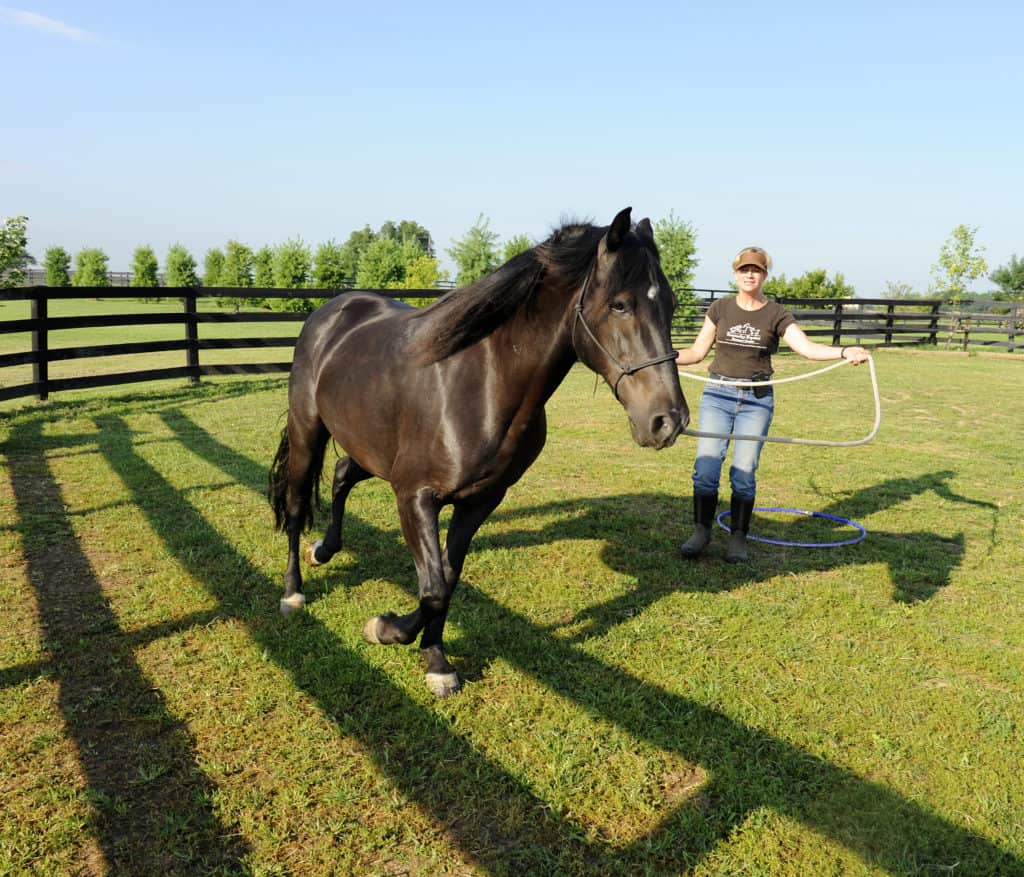
Drs. Camie Heleski and Jenny Biehunko explain the differences between a horse trainer, an animal behaviorist, and a veterinary behaviorist.

In this episode learn about treating sweet itch, dealing with hair loss in itchy horses, and managing EMS and allergies, among other topics. Sponsored by KineticVet.

Dr. Avi Blake describes degenerative joint disease in horses and Adequan® i.m.

Alleviating these unsightly skin lesions proves challenging in many cases. Sponsored by KineticVet.

Follow these 10 steps to maximize bathtime for your horse.

Dr. Anna Pesta-Dunaway explains the best ways to manage and prevent ulcers in competition horses in this clip from Ask TheHorse Live.

Dr. Anna Pesta-Dunaway describes the basics of helping the competition horse build muscle in this excerpt from Ask TheHorse Live.
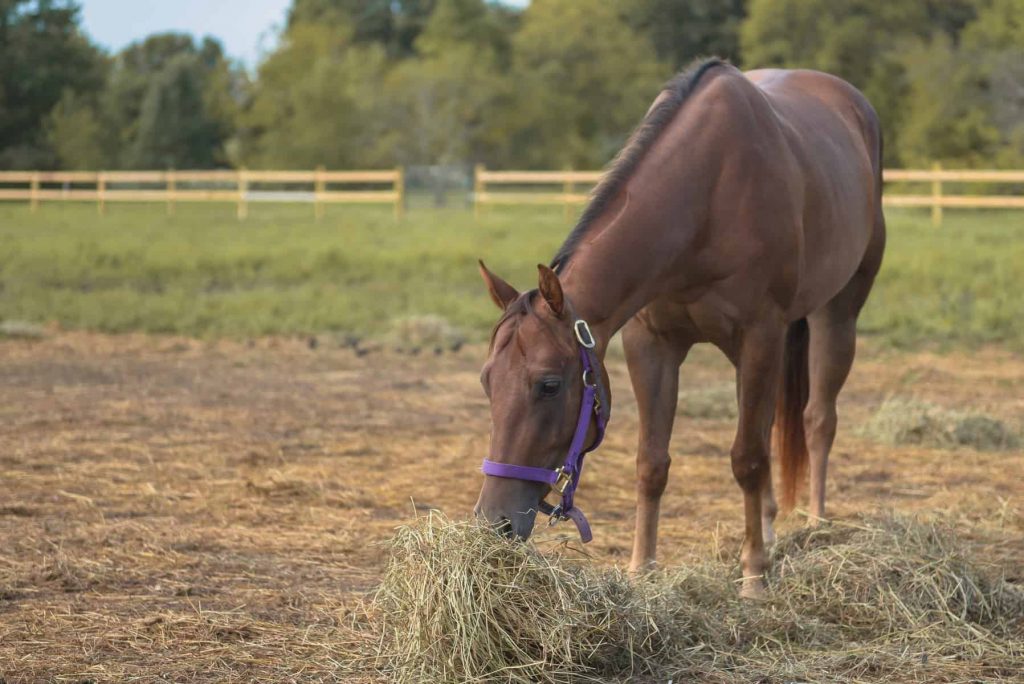
Dr. Shannon Pratt-Phillips describes what to consider when switching your competition horse to a forage-only diet.
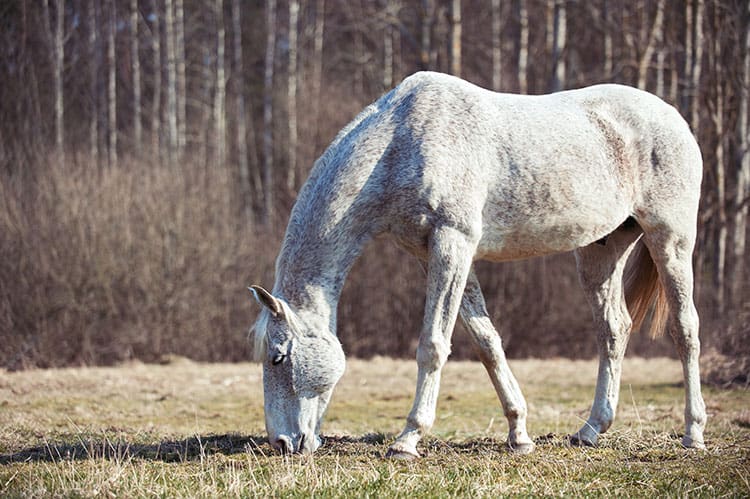
Dr. Anna Pesta-Dunaway talks about the change in nutritional needs that occurs as horses age and how to manage it if they are competing.

Learn about the American Association of Equine Practitioners’ recommended core and risk-based horse vaccines in this handy special report. Sponsored by Boehringer Ingelheim.

The key to keeping your allergy-prone horse comfortable is figuring out the causes of his reactions and avoiding them. Learn more about allergic reactions in horses with this step-by-step visual guide.
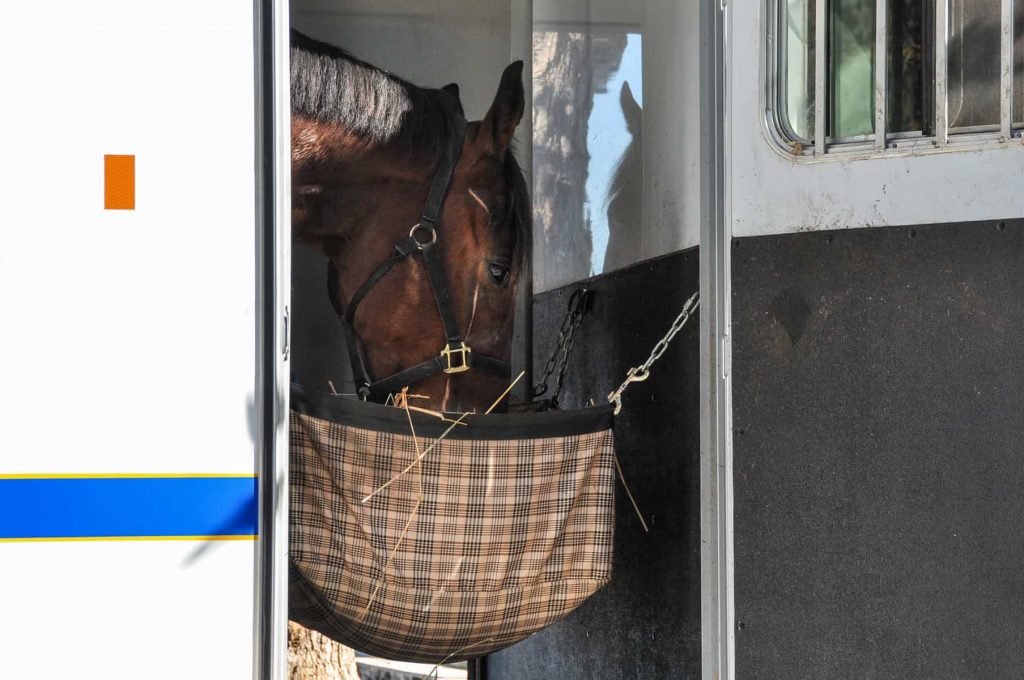
Equine athletes have specific nutritional needs that must be met to keep them performing their best. Sponsored by Purina.
Stay on top of the most recent Horse Health news with
"*" indicates required fields